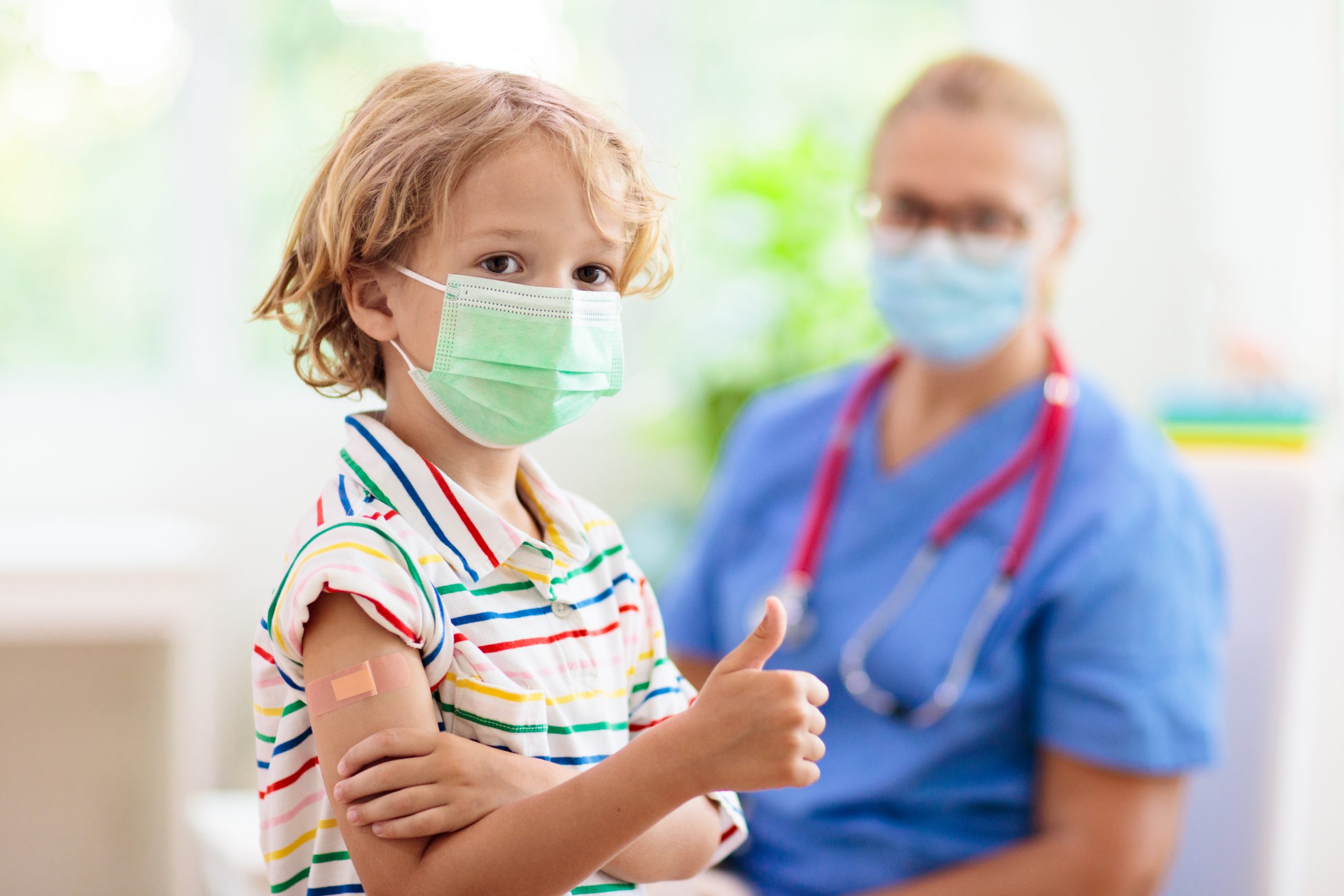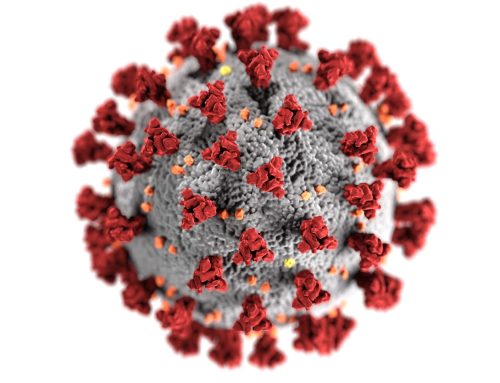The first day of school is approaching quickly, and your child is required to have a series of vaccinations before entering public school. Because children entering kindergarten are suddenly exposed to dozens, if not hundreds, of new people, vaccinations are required for diseases that can be highly contagious.
According to the North Carolina Department of Health and Human Services, here are the vaccines that are required before kindergarten in public schools:
Diphtheria, tetanus, and pertussis (DTaP). Three doses are typically given before seven months with the final two given at 19 months and four years old respectively. Diphtheria is a bacterial infection that causes the inflammation of the mucous membranes. It can make it difficult to breathe and swallow and can be fatal. Tetanus is a disease that affects the nervous system and causes muscle contractions, typically in the neck and jaw. Pertussis is also known as whooping cough. It is a highly contagious respiratory disease.
Polio. Your child will need a total of 4 doses. Two doses by 5 months, and the final two at 19 months and four years respectively. Polio is a life-threatening virus that causes paralysis that can be fatal.
Measles. Two doses are required. One between ages 12 and 16 months, and the other before entering school for the first time. Measles is a very contagious viral infection of the respiratory system. It causes a skin rash and flu-like symptoms.
Mumps. Two doses are required. One between ages 12 and 16 months, and the other before entering school for the first time. Mumps is a viral infection that affects the salivary glands.
Rubella. One dose of the rubella vaccine is required between ages 12 and 16 months. Rubella is a viral infection typically characterized by a bright, red rash along with a fever and a headache.
Haemophilus Influenzae type B (Hib.). Your child is required to have four doses of the Hib vaccine. Three before 7 months of age and a booster between 12 and 16 months. Haemophilus Influenzae is a bacterium that can cause serious infection in the brain, spinal cord, and bloodstream. The bacterium causes other illnesses like meningitis, pneumonia, and more.
Hepatitis B. Three doses are required. One dose before three months, one before five months of age, and the final dose by 19 months of age. Hepatitis B is a serious liver infection.
Varicella (chickenpox). Two doses of the chickenpox vaccine are required. One between 12 and 19 months of age, and the other before entering school for the first time. Chickenpox is a highly infectious disease that causes an itchy, blister-like rash all over the body.
Pneumococcal conjugate. Your child is required to have four doses. Three by seven months of age and one booster dose between ages 12 and 15 months. Pneumococcal disease is any infection caused by the bacteria bacterium Streptococcus pneumoniae. These infections can include ear infections, pneumonia, and other bloodstream infections.
Meningococcal conjugate. These vaccinations aren’t required until your child is older. The first before entering the 7th grade (or by twelve years of age) and the other before entering 12th grade or (by 17 years of age.) Meningococcal disease is caused by the bacteria Neisseria meningitidis. This bacteria can cause meningitis, sepsis, and more.
While all of these diseases are serious, they are also preventable, and their vaccinations have proven to be very effective. If you have any questions about vaccines, please contact us today.







